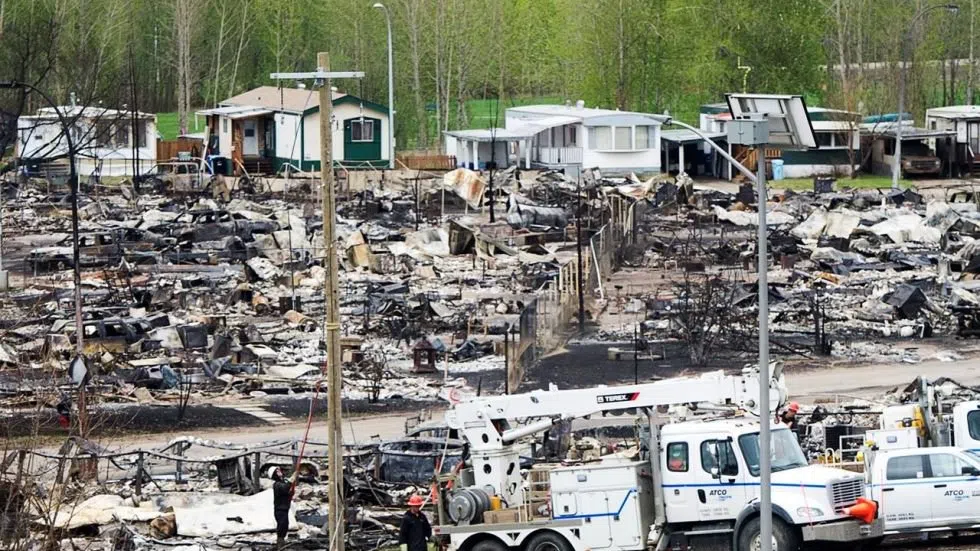
Group hopes to help local economies plan for disaster
They’re considered the ‘second responders.’
When a disaster, either natural or man-made, strikes a community, a big part of the recovery has to involve getting business and industry back on its feet.
The Saskatchewan Economic Development Association (SEDA) has provided an online resource to help smaller cities and towns plan for the unexpected. It’s called the “Economic Disaster Recovery Toolkit.”
“We actually started talking to emergency management early in 2015 and they acknowledged that there was a gap in emergency preparedness and recovery; that the specific business and economic focus was not there,” Verona Thibault, executive director of SEDA, said. She said that when forest fires threatened communities like La Ronge later that year, it was a valuable learning experience.


